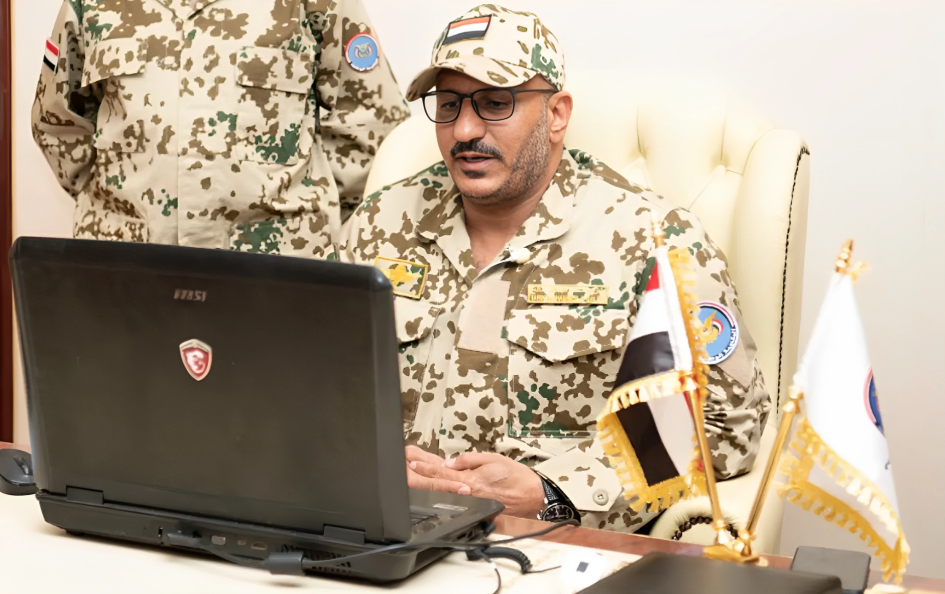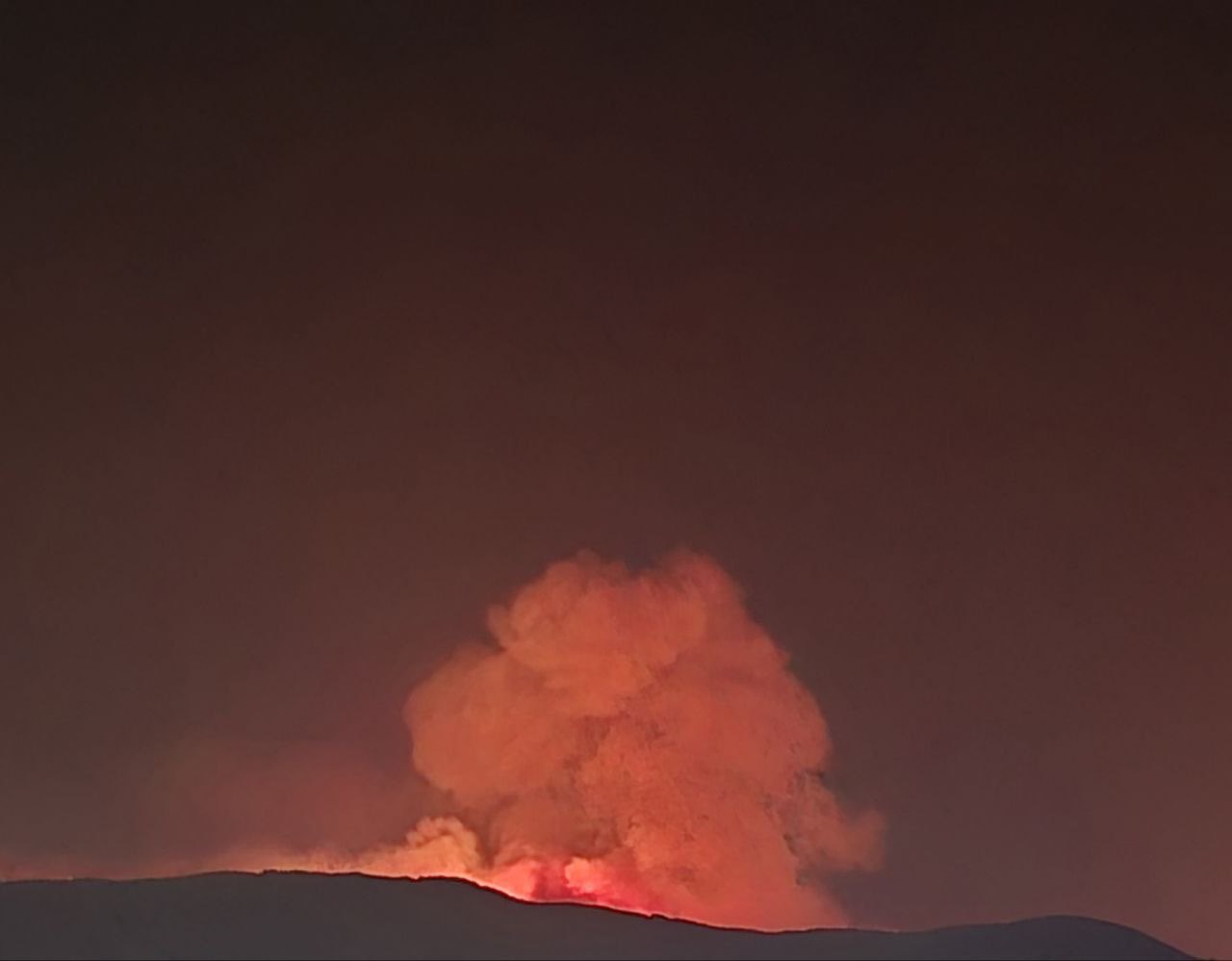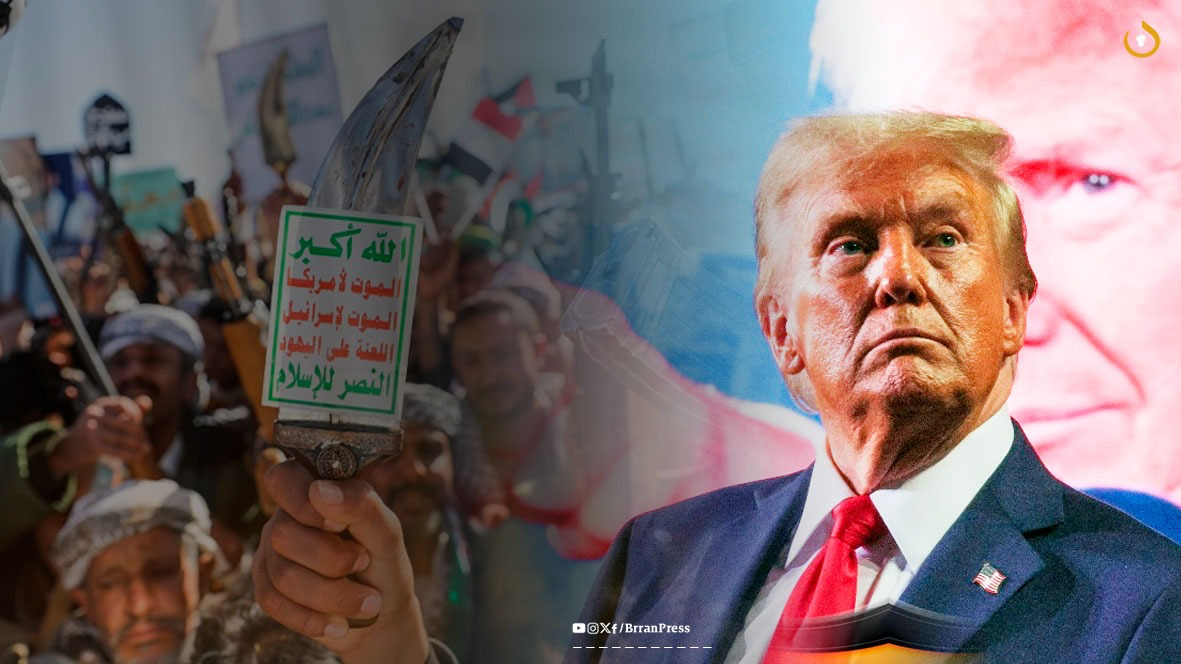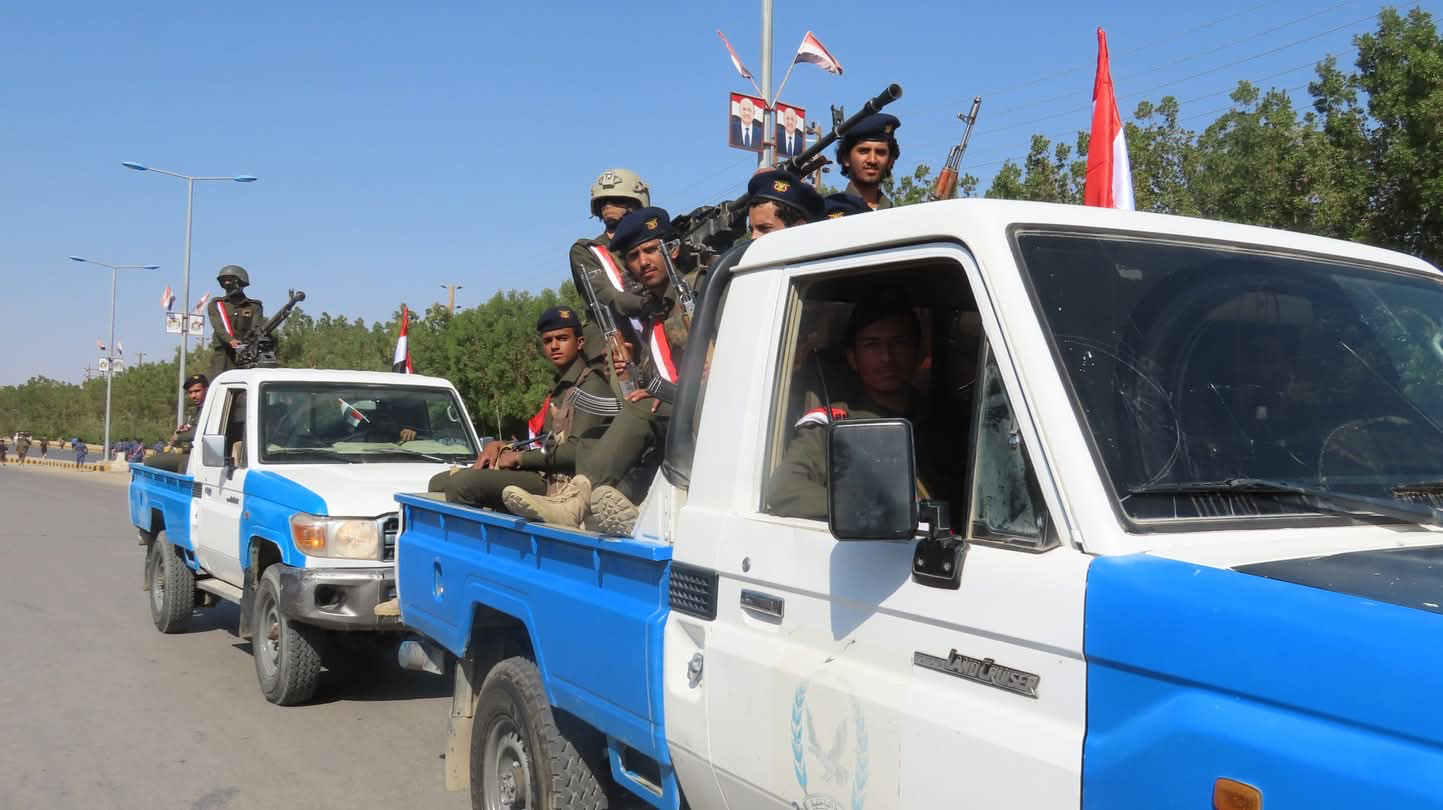
Barran Press
Tariq Saleh, a member of Yemen's Presidential Leadership Council (PLC), has stated that achieving peace with the Iran-backed Houthis is not currently feasible.
In an interview published on Wednesday, April 9, 2025, by the London-based Asharq Al-Awsat newspaper, Saleh criticized the Houthi movement for allegedly disregarding Yemen's established governance structures and adhering to an ideology originating from a foreign power hostile to the country.
Saleh asserted that any future resolution to the conflict must ensure the Houthis' adherence to the Yemeni constitution and its legal framework. "This is not merely about stated intentions but a fundamental constitutional principle that criminalizes the forceful seizure of power and mandates governance under a republican system," he emphasized.
He argued that the strength of the Yemeni state is not demonstrated through media pronouncements but through tangible military capabilities on the ground. Saleh stressed that developing and possessing such strength is essential for achieving a fair and equitable political settlement that serves the interests of Yemen, the wider region, and the international community. He further contended that peace cannot be attained through unilateral concessions but necessitates a fundamental shift in the existing balance of power. "Peace is not a gift to a group that rejects the legitimacy of the state; it is established when the state regains its capacity to enforce its laws and protect its citizens," Saleh stated.
Saleh highlighted the critical need to provide sustained support to Yemeni forces on the ground to restore this balance of power, characterizing such support as a national imperative for safeguarding the population and preserving national gains. He noted ongoing collaborative efforts between the Yemeni government, the international community, and the Saudi-led coalition supporting the internationally recognized government to secure further assistance for their efforts.
Furthermore, Saleh pointed to collaborative initiatives with regional and international partners aimed at strengthening Yemen's coast guard capabilities, particularly in the strategically vital Red Sea. He explicitly linked the security of these waterways to Yemen's broader struggle against the Iran-backed Houthis and the restoration of legitimate state institutions.
Addressing the Houthi attacks in the Red Sea and Gulf of Aden, Saleh described them as a continuation of a long-standing pattern of targeting Yemen's territorial waters with mines and missiles. He cited attacks on civilian infrastructure, including oil export facilities, as evidence of what he termed "Houthi terrorism orchestrated by Iran," reiterating his belief that a decisive military approach is the only viable means to end these threats.
Regarding internal dynamics within the PLC, Saleh acknowledged existing differences among its members as a natural consequence of Yemen's complex and challenging circumstances. However, he affirmed the council's overarching unity in pursuing national interests and the growing coordination among military forces aligned with the internationally recognized government.





